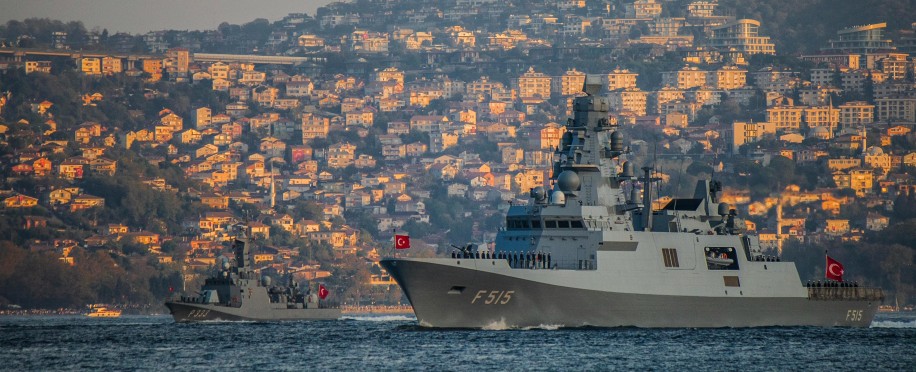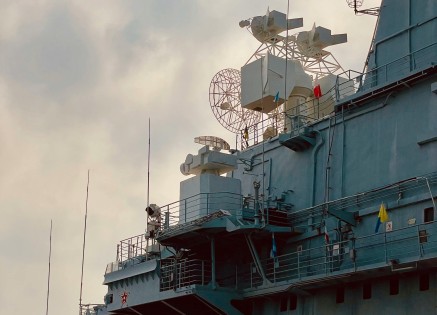Copyright © 2026 lmitac.com All Rights Reserved. Contact - Terms and Conditions - Privacy Policy - Quality Policy - Become an instructor - Vacancies - Sitemap
London Maritime Academy is a trade name for London Premier Groupversion: 2.9.0
London Maritime Academy is a trade name for London Premier Group

Posted on : 3/22/2025, 7:39:56 PM
Last Update : 3/22/2025, 7:39:56 PM
A force majeure clause is a shipping contract provision that protects parties from liability when unforeseeable events make it impossible to fulfill contractual obligations. Without proper wording, a contracting party may still be held responsible for nonperformance even when external forces prevent them from performing.
Let's dive deeper in this article and explore the force majeure clause and how it prevents any mishaps in your contracts.
The term force majeure comes from French, meaning "superior force." In legal terms, it refers to a contractual provision agreement that relieves a party from fulfilling any legal obligation when an unexpected event beyond their control occurs.
Drafting a strong force majeure clause should:
A poorly worded force majeure clause can typically lead to legal disputes and risks. Here’s how you may be certain it is effective:
The clause should explicitly list events that qualify (e.g. natural disasters, civil unrest, terrorism, government-imposed restrictions, pandemics.. etc.) Simply claiming "uncontrollable circumstance" is not enough.
A force majeure clause should be specific to your industry. For shipping, it should reference unforeseen events like port closures, supply chain disruptions, or changes in law. A vague clause may lead to disputes about whether an event truly excuses nonperformance.
A party invoking force majeure should be required to show they have made reasonable efforts to continue performing despite the event. Courts often reject claims where the party did not try to mitigate the impact.
The ICC and other bodies provide guidance on force majeure clauses. Many agreements follow these recommendations to ensure enforceability. If a contract does not align with standard practices, the party invoking it may struggle to justify its excuse for nonperformance.

Even when a force majeure clause is present, disputes can arise. Avoid these common mistakes:
The burden is on the party invoking the clause to prove the occurrence was beyond their ability to prevent. Poor documentation lack of evidence, or noncompliance with cybersecurity regulations can result in the party's claim being rejected.
A force majeure clause does not guarantee that all obligations are immediately relieved. The affected party must follow the agreed process, provide proper notification, and demonstrate how the event directly impacted their performance.
Other contractual provisions, such as hardship clauses, can be used alongside force majeure to allocate risks more effectively. Including both can prevent contracting parties from unnecessary legal battles.
Understanding how to draft and enforce a force majeure clause requires legal knowledge and industry expertise. Shipping professionals, contract managers, and legal teams should invest in specialized training to navigate force majeure provisions effectively.
One of the best ways to gain expertise is by enrolling in maritime law courses in the UK. These programs cover contract drafting, disputes, and risk management related to force majeure events. Additionally, businesses can conduct internal workshops, study ICC guidelines, and consult legal experts to ensure their force majeure clauses align with industry standards. Proper training helps businesses avoid costly errors and strengthen their contracts.
A well-worded force majeure clause is an essential part of any shipping contract, helping businesses protect themselves from unforeseeable disruptions. Without it, a party may be legally bound to fulfill a contract, even when extreme circumstances make performance impossible.